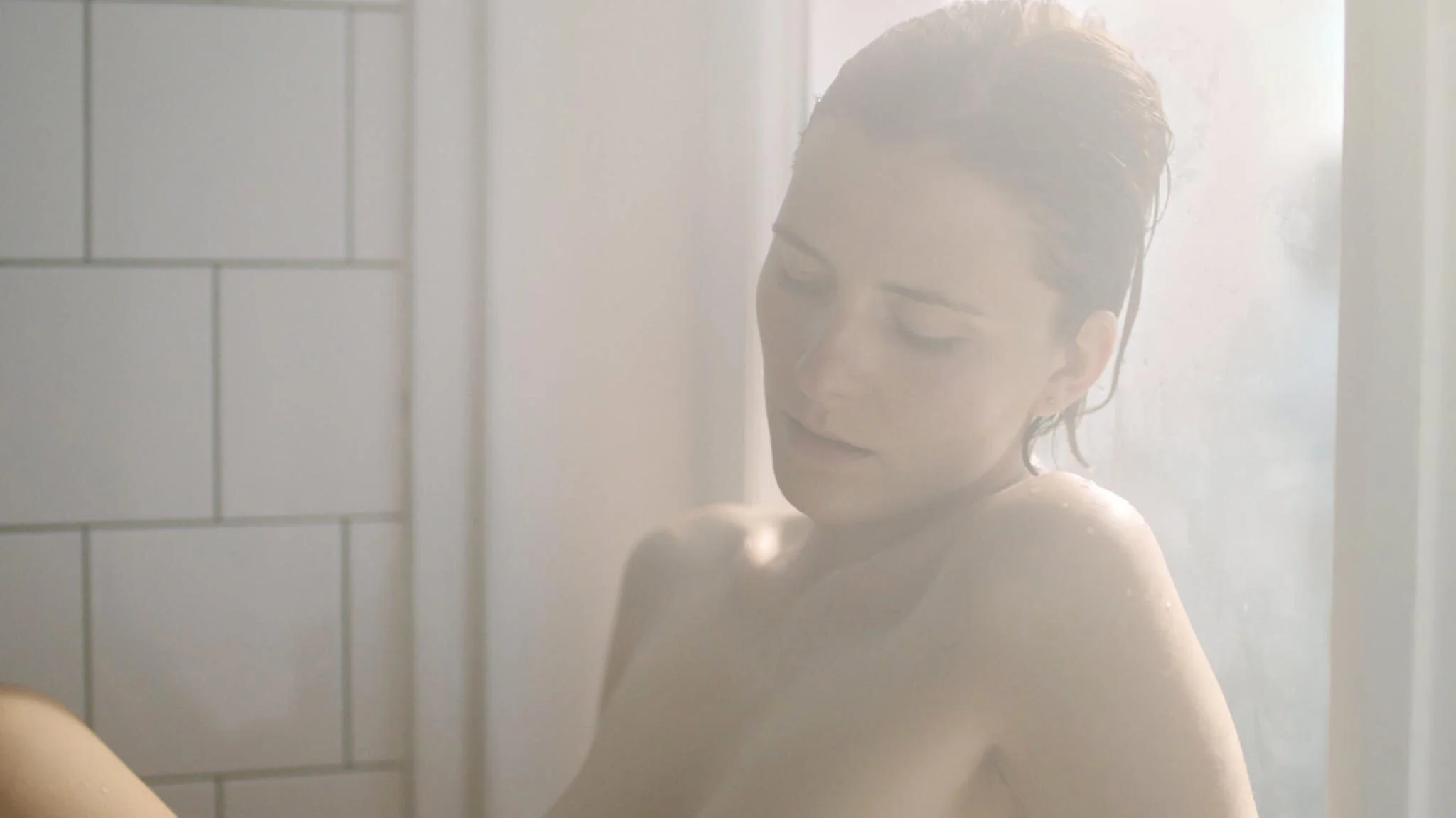IFFR 2020 - Fidelity
INTERNATIONAL FILM FESTIVAL ROTTERDAMNigina Sayfullaeva's Fidelity ravages its potential of being an explorative piece of psychological drama. A feature that could — and should — have been a more in-depth look into tragedy and paranoia faced by its characters during stressful periods of infidelity and miscommunication.
Instead, Nigina Sayfullaeva's film is a surface level outlook on the subject which, for the most part, never plummets into a deeper investigation. There are attempts at creating a three-dimensional hemisphere of character. This is evident by some brilliant moments of conversation revealing interesting life-like psychology about the characters that does not directly involve the plot, or its core themes. However, they are so few and far between during its eighty-one-minute runtime that, by the end of the presentation, they are as quickly forgotten as the characters themselves.
Another aspect of the film that struggles to present itself is the cinematography by Mark Zieselson. While not offensively frustrating , Zieselson's work feels dull and unimaginative in its showing due to how basic it looks. A basic look, for the cinematography of a film, is usually not a high point of contention, but these scenes demand a more vibrant and sombre piece of visual capture. It becomes disorienting to comprehend the emotional intensity when the same level of energy is applied to both a scene of a woman looking at the sun and a scene of a husband confronting his wife about her adultery.
The editing by Vadim Krasnitsky also suffers the same fate, as his relaxed style of editing scenes one after another feels devoid of any sense of conflicting presence. Instead, the repetitiveness of stitching together the scenes becomes a heavy dead-weight on the presentation. This results in Krasnitsky's contribution feeling empty of understandability or cohesion and hence, destructive by an overall view.
The same can be said about the production design by Marusia Parfenova-Chukhray and costume design by Ulyana Polyanskaya, both of which, in similar veins of editing and cinematography, are not offensively frustrating. However, their extreme basic nature makes them somewhat of an eyesore to dive into. They often offend senses of the viewer, making them wish that they did not start analysing these aspects because of how big of a distraction they become.
The writing by Sayfullaeva and their co-writer Lyubov Mulmenko, on the other hand, misjudges its priorities of showcasing moments in a particular order and makes up to seventy percent of the narrative feel padded out on automatic. The writing also feels scared to explore deeper into the dark side of its subject, as if not to disgust its audience and turn them away. This sense of trepidation ends up hurting the film further. Every emotional conflict seems hollow by how shyly it looks away or cuts to a different scene when things finally start to heat up.
The acting feels equally hollow. Instead of feeling like living, breathing human beings, their performances feel robotic by default, as if the only task given by the director is to recite the lines and emote as little as possible. The worst of the offenders is Aleksandr Pal as Sergei, who visibly struggles at balancing emotional expressions as he delivers his line and Anna Kotova as Nikiforova – whose character's emotion bursts out unnaturally – appears to be waiting to deliver her lines, even during moments where her character is not the main focus.
Fortunately, the acting by the main lead, Evgeniya Gromova, is competently handled, but the ineptitude of the writing and the performers around her ends up hurting aspects of her own performance. The wasted potential is traceable by even the most casual viewers. Its technical and creative aspects carry a negative aura of incompetency around them. The film itself does not provide any unique take towards its concepts to warrant a quick look, let alone a sitting.


